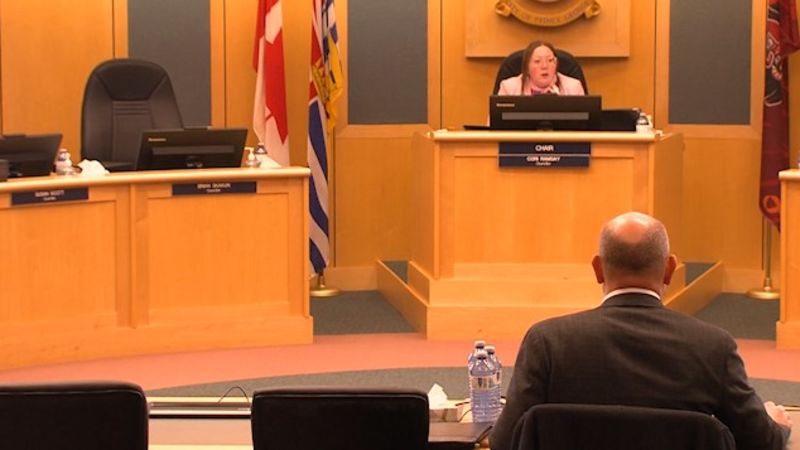
Finance and Audit recommends 6.78 percent for residential tax hike
PRINCE GEORGE – The Finance and Audit Committee has one of its more important meetings for the Finance and Audit Committee, determining the break down of who will pay what in terms of property taxes.
“In our budget meetings in January, we determine how much money to collect from the city to run all of the services now that we have that number,” explains Kris Dalio, Finance Director. “There’s still one more step to it, and that’s determining how much of that 138 million we’re going to collect from residential, how much we’re going to collect from business, and how much we’re going to collect from things like light and heavy industry. So council has the ability to to change tax rates in order to collect that money from who they from which sector that they want.”
